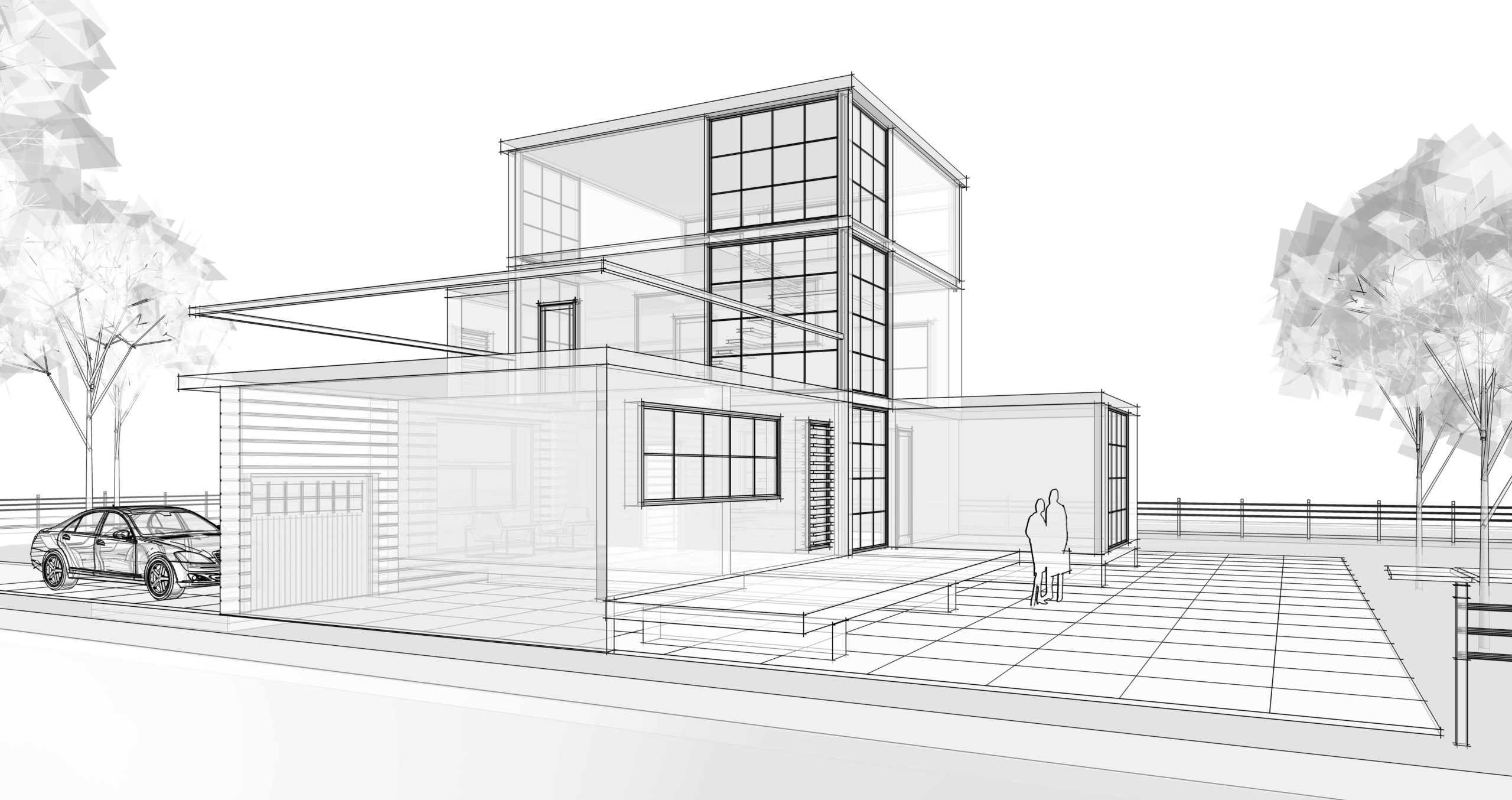In recent years, billionaire investor Warren Buffett has made waves in the investment world with his ambitious venture into the modular housing market. His acquisition of Clayton Homes, one of the biggest makers of manufactured homes in the US, has signaled his commitment to this sector as well as its potential for growth.
Warren Buffett, the billionaire investor and chairman of Berkshire Hathaway, has made a bold move into the modular housing market. With his acquisition of Clayton Homes, one of the largest manufacturers of manufactured homes in America, he is sending a clear message that he believes in this sector’s potential for growth. This decision not only highlights his keen business acumen but also shows how he is looking to capitalize on an emerging industry with plenty of untapped potential. In this article, we’ll explore Warren Buffett’s ambitions in modular housing and why he may be onto something big.
1. Clayton Homes (acquired in 2003)
2. Oakwood Homes (acquired in 2007)
3. Vanderbilt Mortgage and Finance (acquired in 2008)
4. Golden West Financial Corp. (acquired in 2006)
5. Cavco Industries, Inc. (acquired in 2016)
6. 21st Mortgage Corporation (acquired in 2002)
7. Home Capital Group Ltd.( acquired in 2010).
Warren Buffett is known for making smart investments, and his move into the modular housing market is no exception. According to a report by Statista, Warren Buffett’s Berkshire Hathaway owns more than 50% of the modular construction market in the United States.
Warren Buffett’s move into the modular housing market is a strategic one that stands to benefit both the investor and the industry. For Berkshire Hathaway, it represents an opportunity to capitalize on a relatively untapped sector with potential for growth and investment returns. Modular homes can be built faster and more affordably than traditional construction methods, making them particularly attractive.
When Warren Buffett enters a market, it typically means that he sees potential for growth and investment returns. He evaluates the industry carefully and then takes calculated risks in hopes of generating substantial profits. By investing in established companies or acquiring a new company, he is able to take advantage of economies of scale and maximize his earnings. Additionally, his presence can often attract other investors who are eager to follow suit and invest in the same sector. In short, his entrance into any market sends a strong signal that an opportunity exists and may be worth exploring further.
The modular housing market in the United States is projected to grow at a compound annual growth rate (CAGR) of 11.5% from 2020 to 2025, according to Gartner. According Global News Wire it is 8%. This indicates that the market has immense potential for growth and investment returns in the years ahead.
According to McKinsey, the modular housing market is being driven by a number of factors one of the key drivers is the increasing demand for affordable and quick-to-build housing. With traditional construction methods, it can take years to construct a home; however, modular homes can often be built in a fraction of the time and at much lower costs.
Modular developers can learn from Warren Buffett that it is important to work together with other companies in the industry. This way, you can take advantage of economies of scale and earn more money. You should also look for untapped potential in the market and be willing to take risks to make a profit. Collaborating with others may help attract more investors too.
Joining Village, a free membership platform created by Place Technologies that connects hundreds of modular developers, can be a great way to increase profits and build valuable partnerships. The village provides users with access to exclusive digital resources, the ability to list market and sell their services to developers and consumers alike, industry news and insights, connections to other professionals in the modular construction space, and opportunities for collaboration.
In this article, we explored Warren Buffett’s ambitions in the modular housing market, examining why he may be onto something big. The modular housing sector is projected to have a compound annual growth rate of 8-11% from 2020 to 2025, according to sources This indicates that the market has immense potential for growth and investment, we also spoke about how PLACE is endeavoring to bring the market together to help the industry win! Claim your profile today, and remember, it takes a village!

